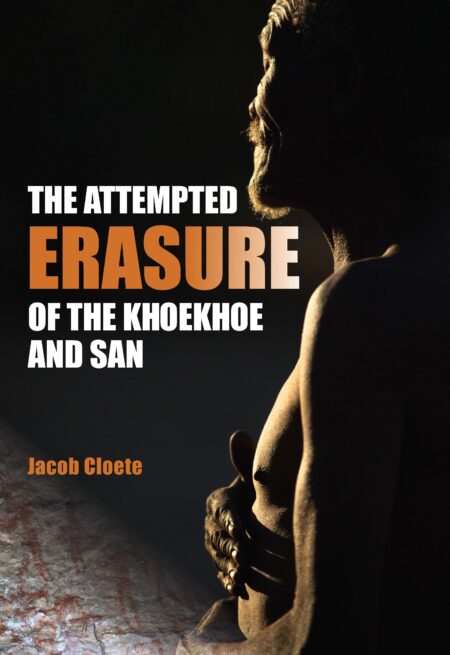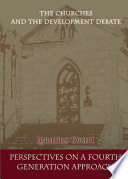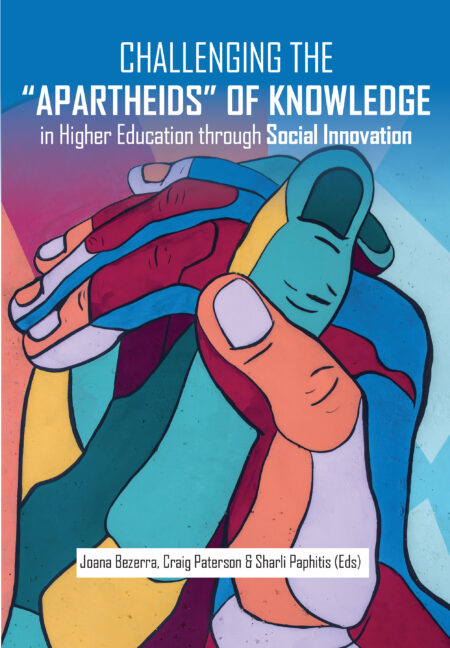-

The Anglo-Boer War 963 Days: Maps, Facts & Stats
0R170,00The Anglo-Boer War was a Osmall warO, but it left an indelible mark on South Africa and its future and represented a watershed in British Imperialism and the Empire.
It was an interesting war with all the elements that makes military history intriguing: David against Goliath, amateurs against professionals, heroes and villains, bravery and cowardice, glory and suffering, brilliant victories and humiliating defeats.
Introductory Notes:
aEEEEEEEEssential information required when visiting battle fields or researching campaigns.
3 Coloured Diagrams
aEEEEEEEThe Composition of a British Infantry Division; Anglo-Boer War Rifles; and Artillery.
3 Coloured General Maps
aEEEEEEESouthern Africa The seat of the war; The Anglo-Boer War in Global Context.
5 Coloured Battle Maps
aEEEEEEEThe First Republican Offensive; Field Marshal RobertsO Campaign; The Guerrilla Phase.
aEEEEEEEThe Blockhouse System: The Concentration Camps.
25 Coloured Maps
aEEEEEEEThe Famous Sieges; The OBlack WeekO Battles and all the Key Battles and Operations of the War.
8 Fact sheets
aEEEEEEEThe Balance Sheet of Forces; The ButcherOs Bill (Casualties); The Concentration Camps.
aEEEEEEEThe Republican Forces; The Commandos; The Rank and Command StructureO
aEEEEEEENotes on Marksmanship.
aEEEEEEEThe British and Imperial Units involved in the War.
aEEEEEEEThe British and Imperial Cemeteries in South Africa.
-

The ASCI Handbook
0R210,00The ASCI Handbook serves as a textbook to train members of the multidisciplinary team to render a service of excellence and by doing so, to optimise the neurological, physical and functional outcome of the acute spinal cord injured. The ASCI Handbook is also a tribute to the many dedicated people who work with spinal cord injured individuals every day, helping them towards a place of healing and independence. Effective teamwork and sharing of responsibilities is the secret to a successful Spinal Cord Injury Unit. There have been numerous requests by doctors, physiotherapists, occupational therapists, nursing personnel and other categories of staff from hospitals in South Africa for information and practical guidelines on the management of acute spinal cord injuries. The ASCI Handbook is one way to provide in this need.
eBook: View eBook Version
-

The ASCI Handbook
0R150,00The ASCI Handbook serves as a textbook to train members of the multidisciplinary team to render a service of excellence and by doing so, to optimise the neurological, physical and functional outcome of the acute spinal cord injured. The ASCI Handbook is also a tribute to the many dedicated people who work with spinal cord injured individuals every day, helping them towards a place of healing and independence. Effective teamwork and sharing of responsibilities is the secret to a successful Spinal Cord Injury Unit. There have been numerous requests by doctors, physiotherapists, occupational therapists, nursing personnel and other categories of staff from hospitals in South Africa for information and practical guidelines on the management of acute spinal cord injuries. The ASCI Handbook is one way to provide in this need.
Print: View Print Version
-

The Attempted Erasure of the Khoekhoe and San
0R265,00The Attempted Erasure of the Khoekhoe and San delves into the complex issue of problematic coloured identity and the ongoing erasure of the Khoekhoe and San people in South Africa. Despite the end of apartheid, this erasure continues to persist today, starting as far back as 1652. There were two types of erasure that took place – genocide and bureaucratic. While the former is acknowledged by President Thabo Mbeki in his OI Am an AfricanO speech, the latter began in 1828 with Ordinance 50 in the Cape Colony. From this point, the Khoekhoe and San were bureaucratically erased, culminating in the 1950 Population Registration Act. Despite these attempts, the Khoekhoe and San people resisted and fought for their identity, resulting in their continued existence in the present day. This book documents their painful journey, highlighting their struggles against subjugation and erasure since 1652.
-

The Changing Face of Colonial Education in Africa
0R425,00The Changing Face of Colonial Education in Africa offers a detailed and nuanced perspective of colonial history, based on 15 years of research that throws fresh light on the complexities of African history and the colonial world of the first half of the twentieth century. It provides an analytical background to the history of education in the colonial context by balancing contributions by missionary agencies, colonial government, humanitarian agencies, scientific experts and African agents. It offers a foundation for the analysis of modern educational policy for the postcolonial state. It attempts to move beyond clichs about colonial education to an understanding of the complexities of how educational policy was developed in different places at different times while giving credence to arguments that see schooling as a form of social control in the colonial environment. It is essential reading for academics, researchers and policymakers looking to better understand colonial education and contextualize modern developments related to the decolonizing African education. It is intended to provide an essential background for policy-makers by demonstrating the significance of a historical perspective for an understanding of contemporary educational challenges in Africa and elsewhere.E
eBook: View eBook Version
-

The Changing Face of Colonial Education in Africa
0R340,00The Changing Face of Colonial Education in Africa offers a detailed and nuanced perspective of colonial history, based on 15 years of research that throws fresh light on the complexities of African history and the colonial world of the first half of the twentieth century. It provides an analytical background to the history of education in the colonial context by balancing contributions by missionary agencies, colonial government, humanitarian agencies, scientific experts and African agents. It offers a foundation for the analysis of modern educational policy for the postcolonial state. It attempts to move beyond clichs about colonial education to an understanding of the complexities of how educational policy was developed in different places at different times while giving credence to arguments that see schooling as a form of social control in the colonial environment. It is essential reading for academics, researchers and policymakers looking to better understand colonial education and contextualize modern developments related to the decolonizing African education. It is intended to provide an essential background for policy-makers by demonstrating the significance of a historical perspective for an understanding of contemporary educational challenges in Africa and elsewhere.E
Print: View Print Version
-

The Churches and the Development Debate
0R365,00This book newly addresses the question about the Christian churches? participation in development. The innovative element of this reflection is the way in which the author finds meaning and significance, particularly in the concept of a fourth generation approach to strategic development engagement.
The book’s essential argument is that a fourth generation strategy ? an approach that makes the contemporary social or people’s movements the primary subjects of its development action and theory ? holds the greatest prospect for authentic participation by the Christian churches in development.
-

The D-Word: Perspectives on Democracy in Tumultuous Times
0R350,00This curated collection engages international debates about the current challenges facing democracy. Given the proliferation of OcrisisO literature on democracy, this volume finds its distinctive niche in presenting perspectives from the global margins that bridge disciplinary, sectoral, national and conceptual divides. South Africans enter into conversation with scholars and activists from elsewhere in the Global South, including the Arab world and the rest of Africa, and from the European periphery. Insights on democracy are offered from a diversity of perspectives and voices, spanning philosophy, socio-legal and political studies, sociology, public administration, and queer and gender studies and activism. The book will be of interest to academics, activists, policymakers, development planners, and the general public.
‘The D-Word is a timely contribution addressing burning questions: are current contestations about the relevance of democracy due to systemic flaws in how it is constituted, received, practised and even imagined, and can the democratic OprojectO be salvaged? The bookOs unique approach brings a variety of lenses to bear on the prospects for democracy. The critical reflections it contains make for an enriching, broad canvas of ideas.’
– Professor Sandy Africa, University of Pretoria
-

The Educational Pathways and Experiences of Black Students at Stellenbosch University
0R356,00This book features incisive qualitative understandings of key dimensions of the socio-educational pathways and experiences of black students at Stellenbosch University.
-

The Educational Practices and Pathways of South African Students across Power-Marginalised Spaces
0R225,00The lived experiences of students’ educational practices are analysed and explained in terms of the book’s plea for the recognition of the ‘multi-dimentionality’ of students as educational beings with unexplored cultural wealth and hidden capitals. The book presents an argument that student lives are entangled in complex social-spatial relations and processes that extend across family, neighbourhood and peer associations, which are largely misrecognised in educational policy and practice. The book is relevant to understanding the role of policy, curriculum and pedagogy in addressing the educational performance of working-class youth.
Print: View Print Version
-

The Educational Practices and Pathways of South African Students across Power-Marginalised Spaces
0R280,00The lived experiences of students? educational practices are analysed and explained in terms of the book’s plea for the recognition of the ‘multi-dimentionality’ of students as educational beings with unexplored cultural wealth and hidden capitals. The book presents an argument that student lives are entangled in complex social-spatial relations and processes that extend across family, neighbourhood and peer associations, which are largely misrecognised in educational policy and practice. The book is relevant to understanding the role of policy, curriculum and pedagogy in addressing the educational performance of working-class youth.
eBook: View eBook Version



